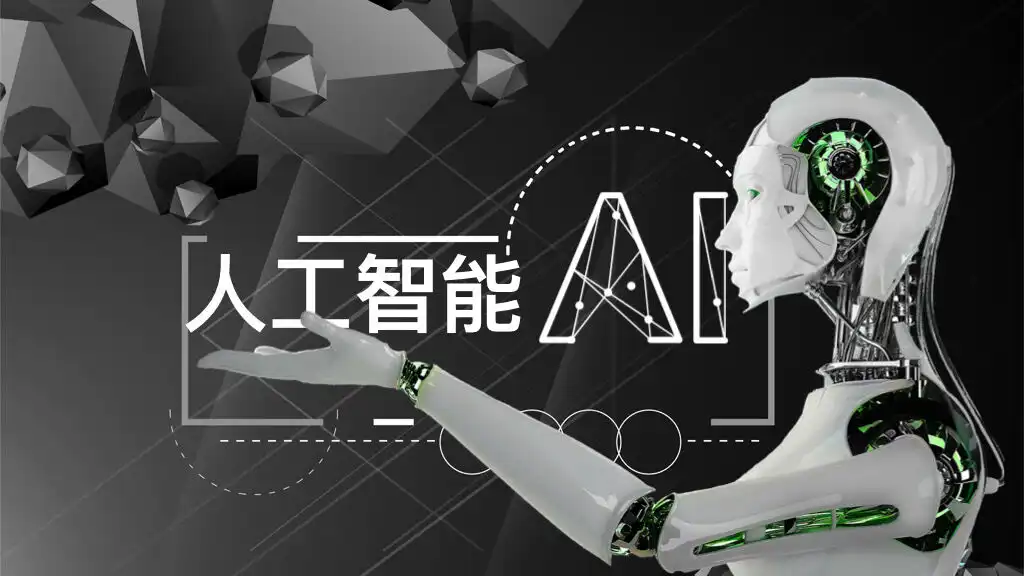When will artificial intelligence surpass human intelligence?:Elon Musk's prophecy
New users can click on "International Business Daily" to pay attention

“I would guess that within a decade we will have artificial intelligence that is smarter than any human being. Probably within the next five years.” That’s the speculation that prominent American entrepreneur Elon Musk made in an interview with Nicolai Tangen, CEO of Norway’s sovereign wealth fund, on April 8.
Musk believes that it is possible for AI to become smarter than the smartest human in the next couple of years. However, there is a big gap between that and being smarter than the collective of mankind plus machines.
When will AI be smarter than all humans who also use computers to enhance their work? Musk says he thinks it will probably be in five years. “I have witnessed many different kinds of technologies, and AI is the one that has fooled me the most, meaning I have underestimated it the most. Virtually every week there is something new. Just in AI hardware—the computers that are specifically made to do AI—it seems like it increases in power by at least a factor of ten per year.”

Indeed, in the past two years, artificial intelligence has ushered in a period of rapid development:ChatGPT developed by OpenAI exploded, Meta launched a new text-to-speech artificial intelligence model, and Inflation AI developed an artificial intelligence supercomputer worth $880 million...
However, despite the "full steam ahead" development of AI, Musk also pointed out several bottlenecks in its development during the interview. In terms of hardware, Musk pointed out that last year, the development of AI was affected by the shortage of chip supply, while this year, the problem has shifted to the power supply. "Looking ahead, in one or two years, or even three years, the problem may still lie in the power supply." Some studies have shown that ChatGPT now responds to about 200 million requests per day, consuming more than 500,000 kilowatt-hours of electricity in the process, equivalent to the daily electricity consumption of 17,000 American households. OpenAI CEO Sam Altman also said at the Davos Forum earlier this year that AI will bring about a much greater than expected demand for electricity, and its development requires breakthroughs in energy.
Musk also points out the challenge of data to train AI models. "When we think about the data that’s available to train models, we think, well, there’s all these books that have been written in all these different languages, that seems like a lot. It turns out to not be nearly enough data for training. And so then you start looking at all the videos, all the podcasts and all these other forms of data. But even with all that, we’re starting to feel the crunch."
Given the range of social impacts and ethical issues induced by AI, Musk further argues that it is necessary to establish a regulatory body to guarantee the safety of AI.
